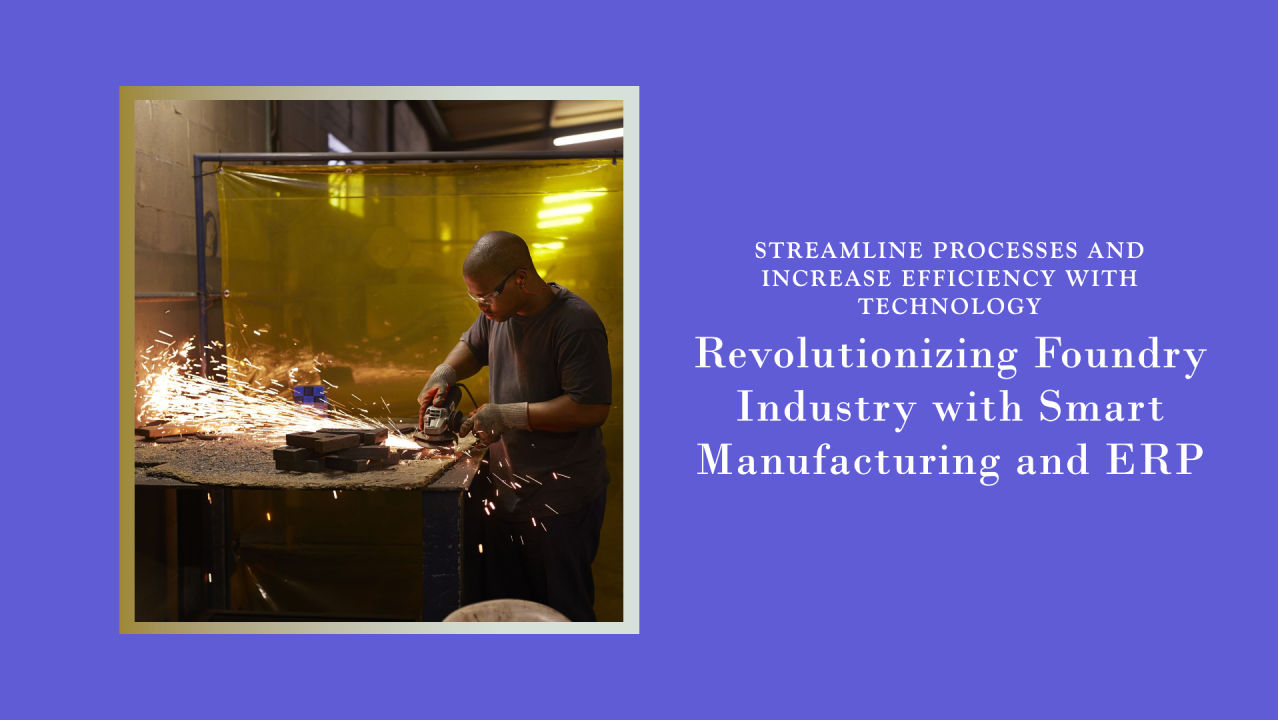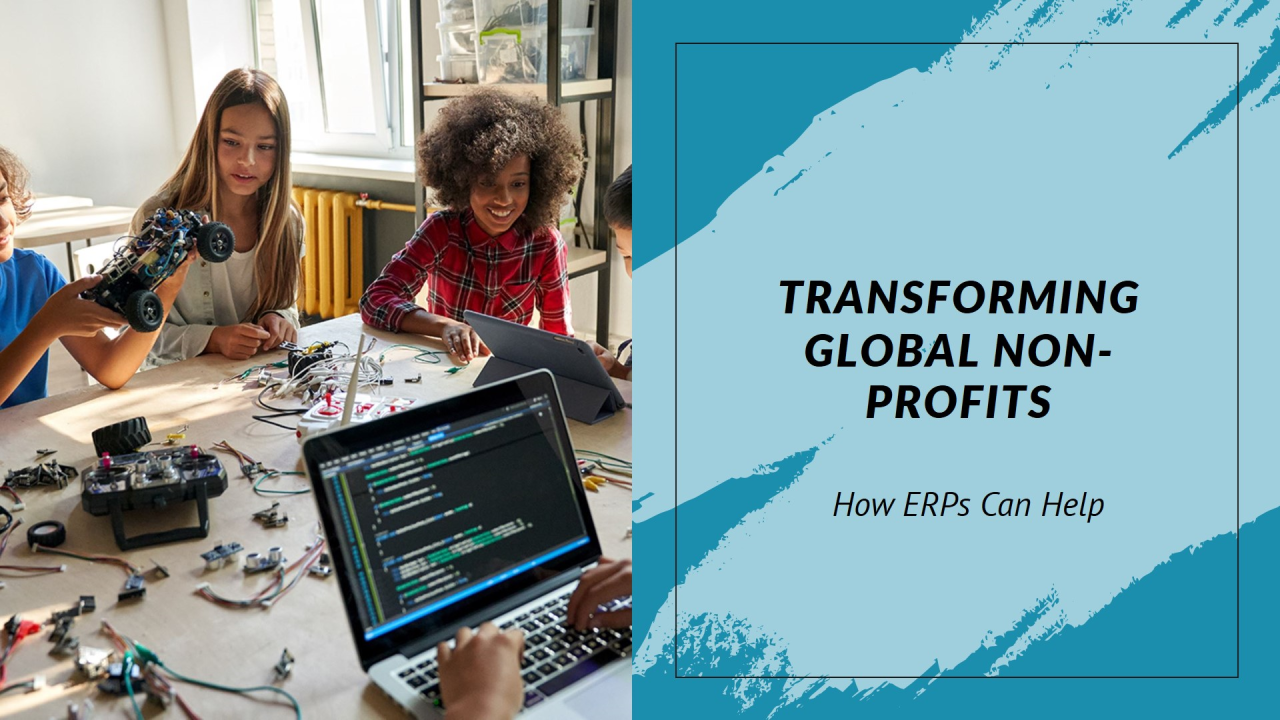What is Smart Manufacturing?
Smart manufacturing is the use of advanced technologies and data-driven processes to optimize the production and performance of manufacturing systems. Smart manufacturing involves the integration of physical and digital systems, such as sensors, robots, artificial intelligence, cloud computing, and internet of things. Smart manufacturing aims to improve the quality, efficiency, flexibility, and sustainability of manufacturing operations, as well as to enable innovation and competitiveness in the global market.
How Smart Manufacturing Integrates with Traditional Foundry Techniques?
Traditional foundry techniques involve the casting of molten metal into molds to create various metal products, such as engine parts, pipes, tools, and sculptures. Foundry techniques have been used for thousands of years, but they face many challenges in the modern era, such as high energy consumption, environmental pollution, labor-intensive processes, and low productivity. Smart manufacturing can integrate with traditional foundry techniques through the adoption of digitization, automation, and sustainability practices. For example, smart manufacturing can use sensors and cameras to monitor and control the temperature, pressure, and flow of molten metal, as well as to detect and prevent defects and waste. Smart manufacturing can also use robots and cobots to assist human workers in handling heavy and hazardous materials, as well as to perform tasks that require precision and speed. Smart manufacturing can also use renewable energy sources, such as solar and wind power, to reduce the carbon footprint and energy costs of foundry operations. Smart manufacturing can also use digital platforms, such as cloud computing and internet of things, to collect, store, analyze, and share data across the foundry value chain, as well as to enable remote access and collaboration among stakeholders.
How Smart Manufacturing Enhances Innovation and Efficiency in the Foundry Industry?
Smart manufacturing can enhance innovation and efficiency in the foundry industry by enabling the following benefits:
– Improved product quality and consistency: Smart manufacturing can use data and feedback to optimize the casting parameters and processes, as well as to detect and correct errors and defects in real time. This can result in higher quality and consistency of metal products, as well as lower scrap and rework rates.
– Increased productivity and flexibility: Smart manufacturing can use automation and robotics to increase the speed and accuracy of foundry operations, as well as to reduce the downtime and maintenance costs. This can result in higher productivity and output, as well as lower labor and operational costs. Smart manufacturing can also use digital platforms and tools to enable the customization and personalization of metal products, as well as to support the design and development of new and complex products.
– Enhanced sustainability and competitiveness: Smart manufacturing can use renewable energy sources and waste management systems to reduce the environmental impact and energy consumption of foundry operations. This can result in lower greenhouse gas emissions and regulatory compliance costs, as well as higher social and environmental responsibility. Smart manufacturing can also use data and analytics to improve the decision making and performance of foundry managers and workers, as well as to gain insights and intelligence on the market trends and customer needs. This can result in higher customer satisfaction and loyalty, as well as higher innovation and competitiveness in the global market.
How ERPs Can Help the Foundry Industry and Its Benefits with Dynamics ERP?
ERPs, or enterprise resource planning systems, are software applications that integrate and manage the core business processes and functions of an organization, such as finance, accounting, human resources, inventory, production, sales, and customer service. ERPs can help the foundry industry by providing the following benefits:
– Streamlined and automated workflows: ERPs can automate and simplify the workflows and transactions of foundry operations, such as order management, material planning, production scheduling, quality control, invoicing, and reporting. This can reduce the errors and delays, as well as increase the efficiency and accuracy of foundry processes.
– Integrated and centralized data: ERPs can integrate and centralize the data from various sources and systems, such as smart manufacturing devices, sensors, robots, and digital platforms, as well as from external partners and customers. This can provide a single and consistent source of truth for the foundry data, as well as enable the visibility and accessibility of data across the foundry organization.
– Enhanced and informed decision making: ERPs can use data and analytics to generate and deliver insights and intelligence on the performance and trends of foundry operations, such as productivity, quality, profitability, customer satisfaction, and market demand. This can enable the foundry managers and workers to make better and faster decisions, as well as to identify and address the opportunities and challenges in the foundry industry.
– Improved and optimized collaboration: ERPs can use digital platforms and tools to facilitate and improve the communication and collaboration among the foundry stakeholders, such as suppliers, customers, employees, and managers. This can enhance the coordination and alignment of the foundry value chain, as well as increase the innovation and competitiveness of the foundry industry.
One of the ERPs that can provide these benefits for the foundry industry is Dynamics ERP, a cloud-based and modular ERP solution from Microsoft. Dynamics ERP can offer the following advantages for the foundry industry:
– Scalability and flexibility: Dynamics ERP can scale and adapt to the changing needs and demands of the foundry industry, as well as to support the growth and expansion of the foundry business. Dynamics ERP can also offer various modules and features that can suit the specific requirements and preferences of the foundry industry, such as Dynamics 365 Finance, Dynamics 365 Supply Chain Management, Dynamics 365 Manufacturing, and Dynamics 365 Business Central.
– Integration and compatibility: Dynamics ERP can integrate and interoperate with other Microsoft products and services, such as Azure, Office 365, Power BI, and Teams, as well as with third-party applications and systems, such as smart manufacturing devices, sensors, robots, and digital platforms. This can provide a seamless and comprehensive solution for the foundry industry, as well as enhance the functionality and usability of the foundry systems.
– Security and reliability: Dynamics ERP can provide a secure and reliable cloud-based platform for the foundry industry, as well as comply with the industry standards and regulations, such as ISO, GDPR, and NIST. Dynamics ERP can also offer backup and recovery options, as well as disaster recovery and business continuity plans, for the foundry data and systems.
– Affordability and value: Dynamics ERP can provide a cost-effective and value-added solution for the foundry industry, as well as offer various pricing and licensing options, such as subscription, pay-as-you-go, and hybrid models. Dynamics ERP can also offer free trials, demos, and support, as well as access to a large and active community of users and experts, for the foundry industry.
In conclusion, Dynamics ERP can offer a powerful and flexible solution for the foundry industry, as it can address the key challenges and needs of this sector, such as efficiency, innovation, quality, and compliance.
Dynamics ERP can also provide a competitive edge and a high return on investment for the foundry industry, as it can enable digital transformation, improve customer satisfaction, and optimize business performance.
However, to successfully implement and use Dynamics ERP for the foundry industry, it is essential to partner with a trusted and experienced consulting firm, such as Sunbridge Software Services. Sunbridge Software Services can provide end-to-end services and support for Dynamics ERP, such as consulting, customization, integration, migration, training, and maintenance. Sunbridge Software Services can also leverage its deep domain knowledge and technical expertise to help the foundry industry achieve its goals and vision with Dynamics ERP.




